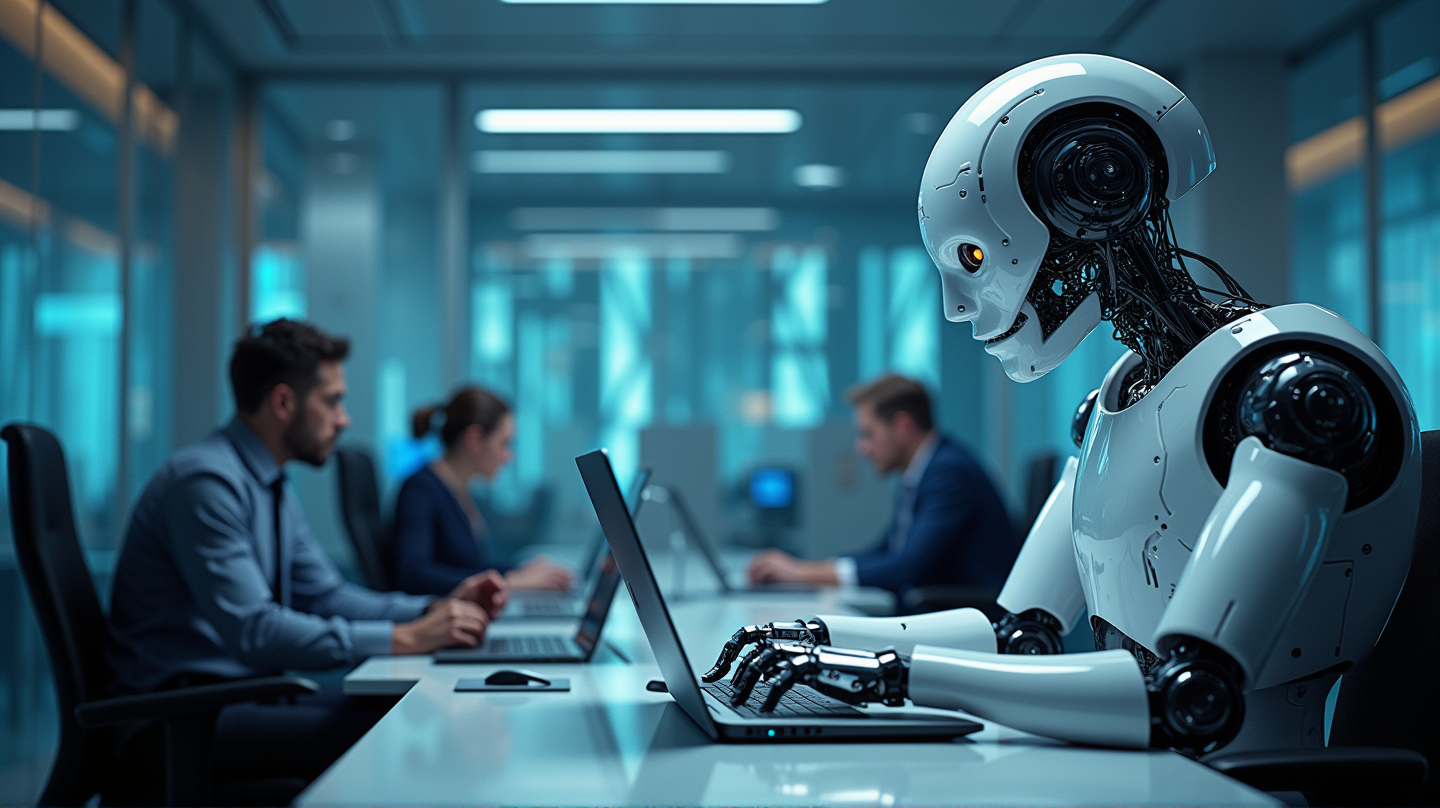The Future of Technology: Innovations and Developments Shaping Our Lives
Author: Technology News Team

As we move further into the technological age, innovations are transforming how we live, work, and interact. Particularly in 2025, significant advancements in mobile technology and artificial intelligence (AI) have become focal points for both consumers and industry experts alike.
Recent announcements in the tech industry showcase a multitude of changes to operating systems of leading mobile devices. Notably, Apple is set to release iOS 26, which is expected to introduce several new features that enthusiasts can't wait to try. Philip Michaels, a longtime iPhone user, expressed his excitement about the update, highlighting standout features that promise to enhance user experience.

Image showcasing new features of iOS 26.
Similarly, Google's Pixel devices have seen remarkable updates with the launch of the June 2025 Pixel Drop. This update includes a battery health indicator among other enhancements, signaling a commitment to improving user accessibility and functionality. Ayushi Jain reported on these developments, noting the importance of having tools that provide users with vital information about their devices.
Moreover, the Android 16 roll-out is a game-changer for Google. With a new Material 3 design and advanced protection features, Android's latest version demonstrates an ongoing evolution toward heightened security and user-friendly interfaces. It is aimed at making smartphones not just smarter, but also safer and more intuitive.
Image illustrating the Pixel devices and their features.
The implications of these updates extend beyond personal use, as they seem to coincide with the broader trends in the tech industry. The AI revolution is notably capturing attention, as evidenced by reports indicating that AI's rapid adoption is leading to significant shifts in employment within the tech sector.
In fact, 2025 has already seen around 62,000 layoffs across various tech companies due to automation and AI integration reshaping job roles. This situation raises critical questions about the future of work and the traditional tech job landscape, as many fear that roles may become obsolete amidst these transformations.

Image depicting the impact of AI on the job market.
Further complicating matters, Mozilla has expressed concerns over Google's ambition to integrate AI into its Chrome browser. The fear is that such advancements could result in further monopolization of the browser market, limiting competition and innovation from other developers. This potential shift could ignite a new phase in the long-standing browser wars.
In light of these developments, OpenAI remains a focal point within the AI conversation. Following the launch of o3-pro, a model known for its proficiency in math, science, and coding, the company has announced a delay in the release of an open-weights model. This decision showcases the balancing act between advancing technology and ensuring responsible use, a topic of high priority in discussions around AI.

Image related to OpenAI's recent product launches.
As companies like Xpeng unveil new vehicles equipped with in-house AI chips, promising unprecedented computing power, it highlights the extensive influence of AI beyond conventional tech fields. The automotive industry is transforming with promises of smarter, more efficient vehicles.
The journey of technology is riddled with challenges and triumphs. Companies are not only racing to implement advanced AI and mobile technology; they are also navigating the moral and economic implications of such innovations. In this fast-paced environment, the decisions taken by tech leaders will undoubtedly shape the future of technology, consumer habit changes, and workforce configurations.
In conclusion, as we stand on the brink of a new era characterized by rapid technological advancements, ongoing developments in mobile operating systems, AI integration, and the impacts on employment bring both excitement and apprehension. Looking ahead, the trajectory will need careful handling to ensure technology serves humanity and fosters a thriving environment for innovation and opportunity.